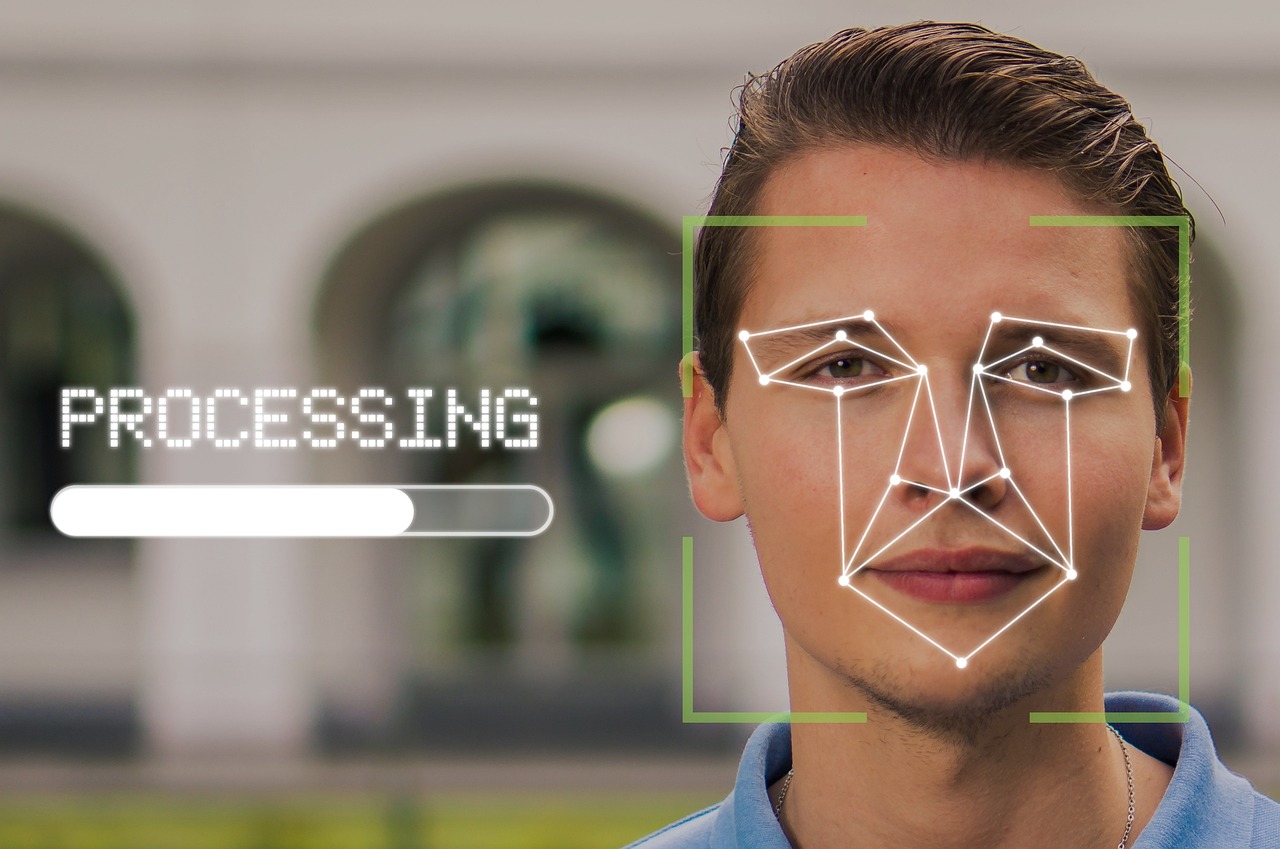This post is also available in:
 עברית (Hebrew)
עברית (Hebrew)
UK border authorities are preparing to test a new AI-driven tool designed to estimate the age of asylum seekers, particularly in cases where individuals claim to be minors but lack reliable documentation. The system, known as Facial Age Estimation, uses artificial intelligence trained on millions of verified images to assess the likely age of a person based on facial features.
According to a statement by the government, the improves age assessment procedures without relying on invasive medical techniques. Current methods—such as bone scans or MRI imaging—are often costly, time-consuming, and require medical oversight. In contrast, facial analysis offers a non-invasive alternative that can be deployed quickly and without specialist equipment.
Officials describe the technology as a practical solution for cases where an individual’s age is disputed or unclear. The AI system produces an age estimate with a known margin of error, making it a potentially valuable tool when determining whether someone should be treated as an adult or minor under immigration protocols. This distinction is critical, as it affects housing arrangements, legal procedures, and access to social services.
Initial assessments suggest the system can deliver results faster and at a significantly lower cost than medical-based alternatives. The pilot program, set to begin later this year, will evaluate how well the technology performs in real-world conditions. If successful, the UK government plans to integrate it into the formal age assessment process by 2026.
Facial Age Estimation is just one aspect of the UK’s wider push to embed artificial intelligence in public services. Last week, the government signed a partnership with OpenAI to accelerate AI adoption across sectors, including healthcare, infrastructure, and public safety.
This pilot could mark a turning point in how immigration authorities handle undocumented or unverified claims regarding age, offering a scalable solution that reduces reliance on traditional medical evaluations while maintaining accuracy and procedural fairness. As with all biometric and AI-based tools, privacy and ethical considerations will be closely watched during the trial phase.


























